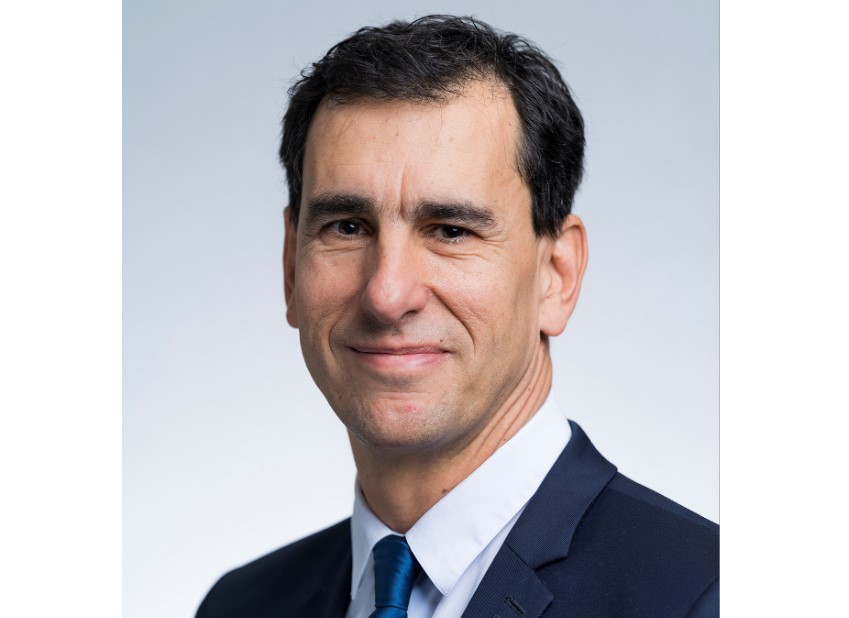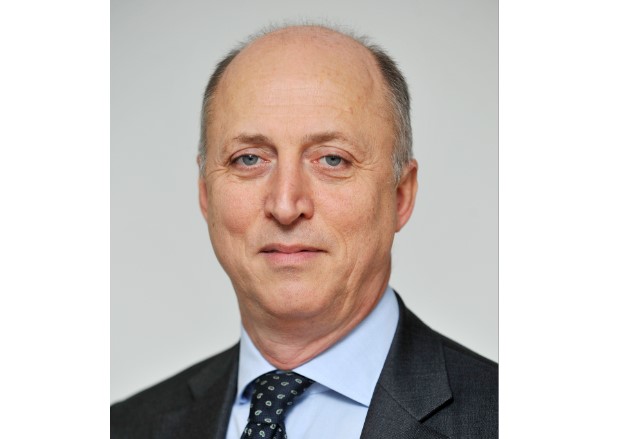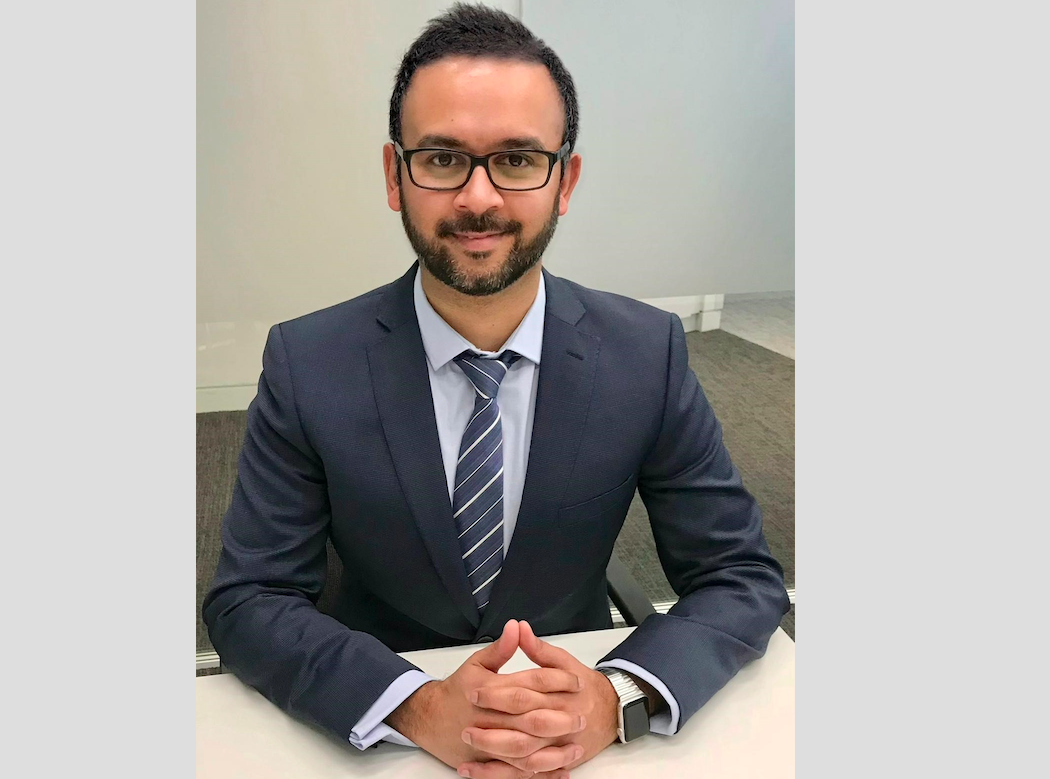Correspondent Banks Face New Challenges under the AML Act of 2020: Should Foreign Banks Worry?
| By IreneValiente | 0 Comentarios
On January 1, the U.S. Congress enacted the Anti-Money Laundering Act of 2020 (AMLA), which represents one of the most significant changes to the anti-money laundering laws of the country since the USA PATRIOT ACT of 2001. The Florida International Bankers Association (FIBA) warns that one provision of the law could place foreign banks in a particularly difficult position.
“While AMLA has received considerable coverage, one provision seems to have been added to the legislation without much fanfare, presumably at the behest of the U.S. Department of Justice”, says FIBA in a notice. It refers to its Section 6308, where AMLA expands the authority of the Department Treasury and the DOJ to seek and obtain banking records located abroad, “while potentially limiting the ability of foreign banks to argue that the production of those documents would violate local banking laws and regulations”.
The association points out that the PATRIOT ACT since 2001 granted the Treasury and the DOJ the authority to subpoena any foreign bank that maintains a correspondent account in the U.S. and request records “related to such correspondent account,” including records maintained abroad. A limiting principle was that the subpoena had to seek documents “related” to the correspondent account. Further, a bank subpoena recipient could, if applicable, move to quash the subpoena by arguing that compliance with it would violate the law of the jurisdiction from which the documents were sought.
“Unsurprisingly, Section 6308 was a topic of keen interest at the recent FIBA AML Conference. Despite assurances from regulators and the Department of Justice that it would be used ‘judiciously’, it remains important to note that it eliminated both limiting principals“, states FIBA. In this sense, it expands the authority of Treasury and the DOJ to seek any records relating to the correspondent account “or any account at the foreign bank,” including records maintained outside the U.S. so long as they are subject to several enumerated categories, specifically, any investigation of a violation of U.S. criminal law, any investigation of an AML violation, a civil forfeiture action, or an investigation pursuant to the USA PATRIOT ACT.
Obligations for financial institutions
For FIBA, the key language is “or any account of the foreign bank” because no longer must the subpoena seek documents related to the correspondent account: it can seek records relating to any account. Further, while the bank recipient may still move to quash the subpoena, the AMLA states that the “sole basis” can no longer be that compliance would conflict with a provision of foreign secrecy or confidentiality law.
“This greatly expands the DOJ’s reach into foreign bank records and creates additional obligations for U.S. financial institutions to keep records and monitor the foreign banks’ compliance when subpoenas are served”, FIBA says. U.S. financial institutions may be subject to fines or penalties if the foreign bank does not comply with the subpoena, with no specific definition of what constitutes “compliance.” In this sense, the U.S. financial institution may be obligated to terminate the correspondent relationship with the foreign bank or be subjected to fines of up to $25,000 per day.
In their view, this puts U.S. institutions in a position where they must monitor the foreign bank’s compliance with a subpoena and forces U.S. banks to get involved in foreign bank compliance. “It is foreseeable that U.S. banks will end up in court to argue over what it means for the foreign bank to comply with the subpoena: is good faith all that is needed, or is there a degree of adequacy that must be met? All of these additional monitoring requirements will increase the cost of compliance for financial institutions”, the association points out.
An open issue is whether Section 6308 is intended to replace traditional processes designed to respect the sovereignty of foreign nations. Section 9-13.525 of the DOJ Manual provides that, “U.S. law, in the form of mutual legal assistance treaties, requires that the United States attempt to obtain records using the mutual legal assistance process prior to resorting to unilateral compulsory measures.”
“More worrisome is that Section 6308 might be utilized against foreign banks as part of an aggressive enforcement strategy. The issue of whether specific jurisdiction can be asserted over a foreign bank embroiled in a third party’s unlawful activity will likely prove fertile ground for argument before both state and federal courts”, FIBA warns.
In their opinion, “time will tell”, but for now, foreign banks need to be “keenly aware” of the U.S. government’s expanded subpoena powers.










